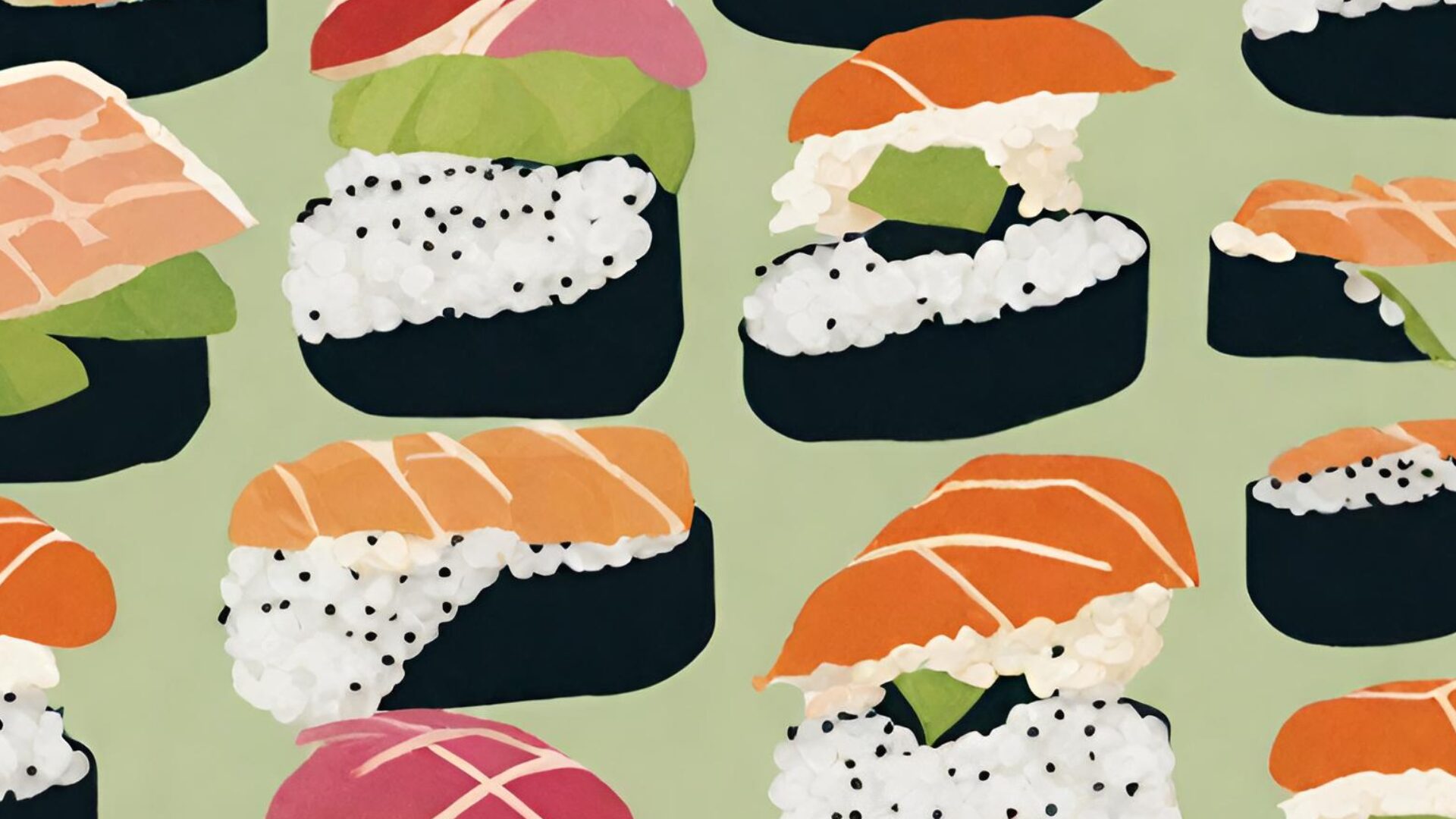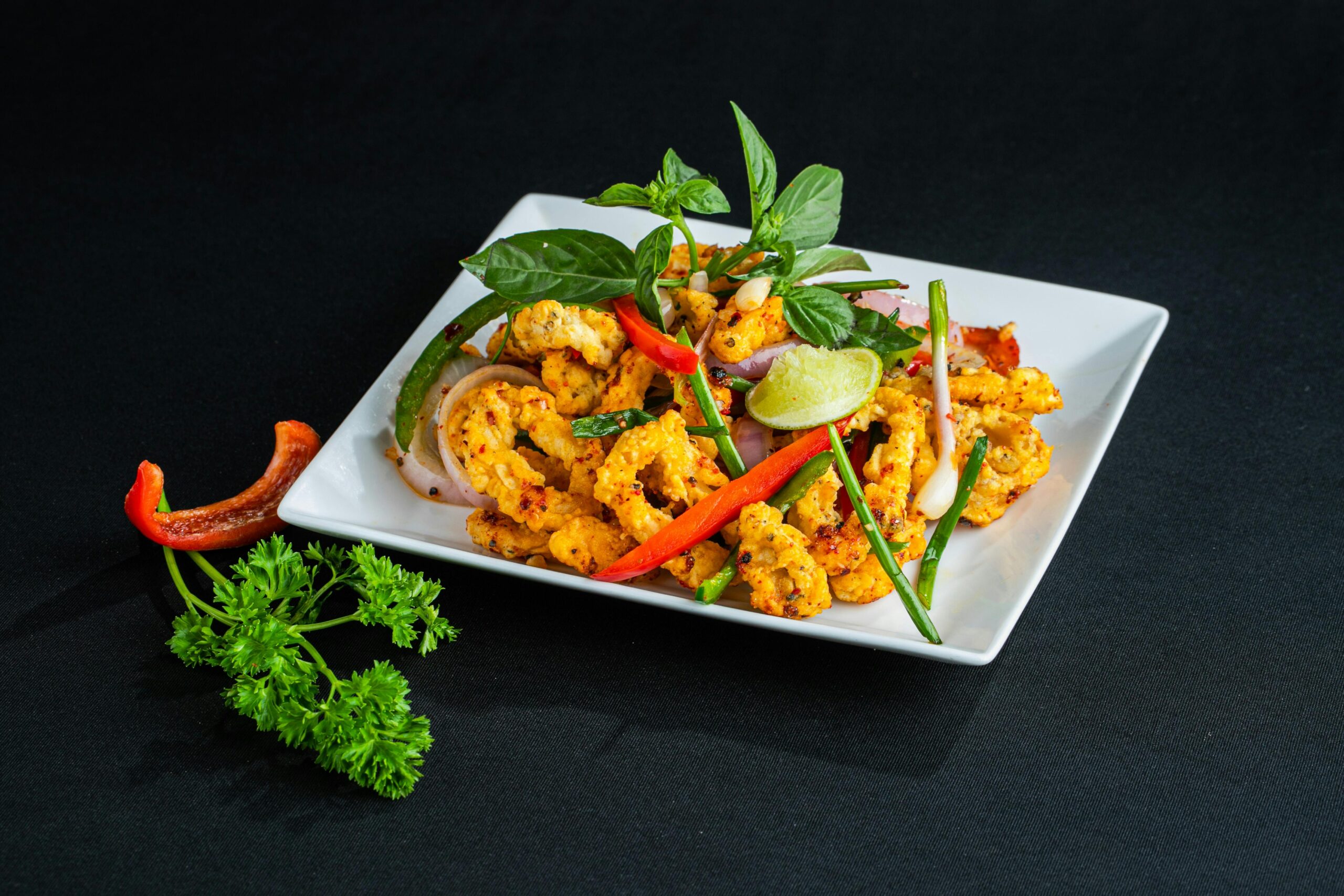As Konscious Foods was bestowed a NEXTY Award in an Anaheim, Calif., hotel ballroom on March 14, a company official bounded on stage to grab the trophy. He looked excited, yet not all that surprised, that the brand had won the Best Meat Alternative category for its Smoked Salmon.
Konscious Foods has brought home a slew of honors in 2024 in recognition of its product innovation. The brand has enjoyed a meteoric rise over the past year, led by its founder, Yves Potvin, who also launched brands like gardein earlier in his career.
“Konscious Foods has quickly risen to the forefront of the plant-based food movement since launching at Expo West last year, going from a standstill to being available at over 4,500 locations nationwide,” Potvin said in a recent statement. “We are excited to further expand…”
Earlier this year, the brand won multiple awards, in categories like Best Frozen/Refrigerated Food.
Konscious Foods has benefitted from the fact the flexitarian diet is on the rise. The brand believes that, by 2040, as little as 40% of the global population will eat meat.
Potvin’s brand claims to have created the world’s first frozen, plant-based sushi rolls, and offers various other plant-based products for foodservice featuring clean ingredients like konjac plant and organic red quinoa. Its recipes are non-GMO, gluten-free, and free from carrageenan and titanium dioxide.
In the crowded plant-based category, Konscious Foods strives to stand out by offering truly healthy products without sacrificing flavor. Potvin believes the future of food includes better-for-you items that aren’t lacking in taste. It’s a goal that most plant-based brands strive for, yet struggle to meet, he said.
“Price parity has been a key focus area for Konscious Foods. We’ve watched as other business come into the industry with plant-based burgers that are twenty percent more expensive than the traditional options, and of course have seen the disastrous long-term results,” Potvin told The Food Institute late last year. “Taste is another very important element – simply put, if an organic or plant-based product’s taste and texture aren’t equal to or better than the ‘traditional’ option, people will not buy it.”
The Food Institute Podcast
Is there a business case to be made for diversity, equity, and inclusion (DEI) efforts? According to Julie Swift, foodservice industry veteran and founder of The Foodservice Women’s Alliance, the answer is a resounding yes. On this episode of The Food Institute Podcast, Swift helps explain the impacts of unconscious bias, and how simple it can be to bring all team members to the table when leadership buys into DEI efforts.











